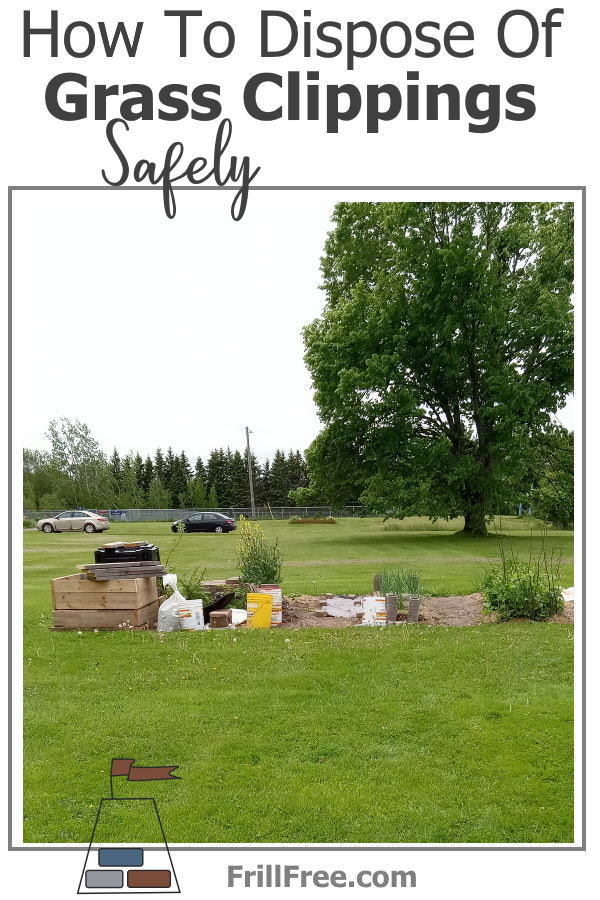- Homesteading
- Gardening for Beginners
- How To Dispose Of Grass Clippings Safely
How To Dispose Of Grass Clippings Safely
Don't Waste A Precious Resource
I was shocked to see the neighbor raking up the loose clippings from his latest mowing. That's not the shocking part, it's what he did next.
The grass clippings were almost dry, but to my surprise he was putting them in his green bin, to be picked up the following Thursday.
I had almost stopped him and asked if we could take them, to use in my garden as mulch or another layer in the compost bin.
Then a couple of days after that, the neighbor on the other side was just finishing raking the lawn and putting the clippings at the edge of the little green belt between here and the community center.
Again, a recipe for disaster, for the same reason. Even though these clippings were wet, they can still catch on fire.
I've seen a whole pile smoking and starting to smolder before it was noticed and dealt with. Grass clippings are a strange material. Even though damp they can still heat up enough to dry out the adjacent material and burst into flame.
As we are under a heat advisory, in the middle of June yet, it's only just beginning.
The scary part is, in the first instance, the green bin was placed, full of dampish grass clippings, right next to the carport which is attached to the house.
In the second instance, there are a lot of dry trees and branches in the little greenbelt, due to the damage inflicted by Hurricane Fiona.
If a fire starts in there, not only would the three neighbors here be endangered, with the two free standing garages neck and neck, but the heart of the village, the community center itself, would be at risk too.
So what to do instead? How to deal with lawn clippings anyway?
Here's what I suggest.
Cut the lawn.
Let the clippings sit and dry out.
Then bag them with the bagging attachment on the lawnmower, or rake them.
Use them immediately as mulch on the vegetable garden, or if there are too many, add them as a layer of green or brown (grass clippings can be either) in the compost bin.
A layer of chicken manure mixed with wood shavings can be the next layer, then your kitchen scraps (potato peelings, apple cores, coffee and coffee filters, and tea bags) can be added in a hole scraped into the layers so it can be buried.
If you have too many grass clippings, for the sake of all that's holy, please do not dispose of them in a pile in the nearest forest. This is the worse place to put them, unless you scatter them.
If this is your only option, spreading them out thinly will prevent that build up of heat in a center of the pile.
If you doubt that grass clippings can create enough heat to spontaneously combust, think of all the barn fires, caused by storing damp hay. This is why they developed moisture meters for hay, to prevent fires (as well as mold growth).
Don't put grass clippings in the greenbin so that when it's dumped in the truck it conflagrates.
Ask a neighbor who gardens if they would like them, or if you absolutely have no other option, mow on the day before green bin day so the clippings don't have a chance to get hot enough to burst into flame.
If you see your neighbors doing something they shouldn't with their grass clippings, gently remind them of the safest way to deal with them, in a compost bin that can be monitored and watered if necessary to prevent any issue.
Plus, they'll have some nice mulch to add to their flower beds, or, on the lawn itself.
Eventually, this status symbol of a rich society, the monoculture of a lawn, will die out in favor of a mix of perennial flowers, native shrubs and trees and short groundcovering plants.
That day can't come soon enough for me.















